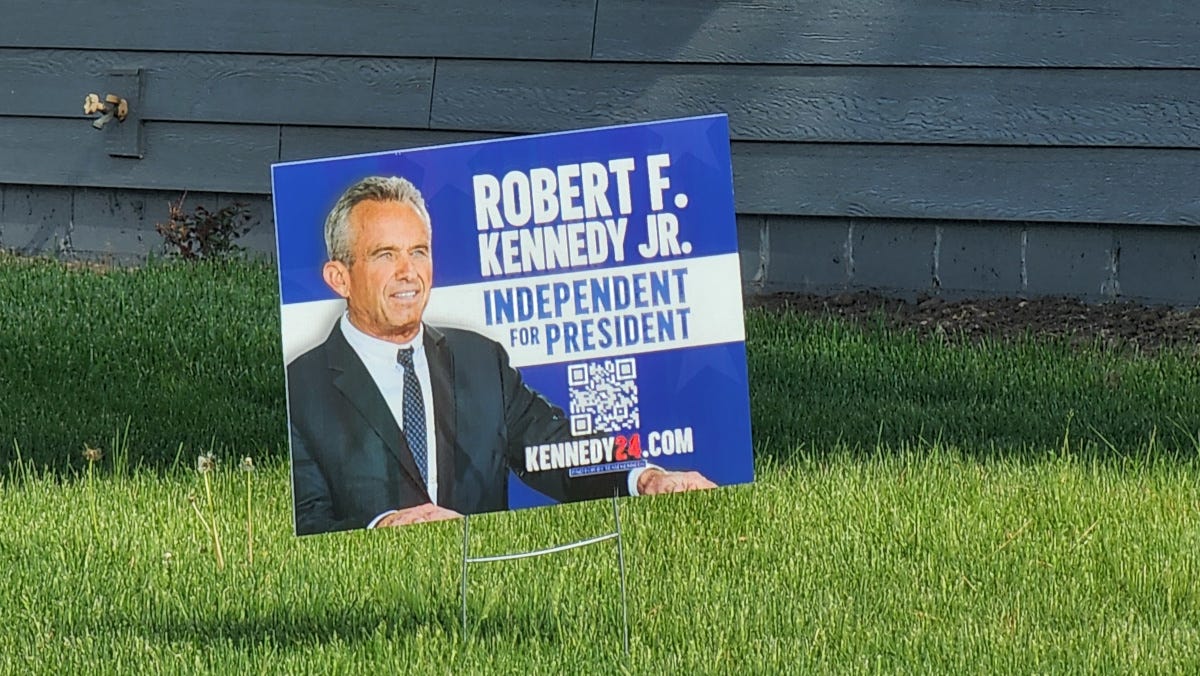A time to be quiet
On History Channel programming, booming voices, and the overdue withdrawal of a political crackpot
Something peculiar about human psychology makes most of us tend to find most matters easier to learn when it seems like the subject is being presented playfully or without consequences. The cognitive load of a college lecture seems high, while the same content presented as a reenactment on the History Channel seems easy to digest. It's not the content so much as the context that triggers a response.
■ This can lead to serious misguidance, of course: Just because something is presented engagingly doesn't mean that it is right. Lots of cues cause people to believe more than they should: A presenter with a booming baritone voice seems arbitrarily credible, which is why Dennis Haysbert makes for a great insurance spokesperson. Accents can do the same thing; Americans will believe just about anything delivered with Britain's Received Pronunciation.
■ Another cue that can mislead is a brand name. People like to be awed by celebrity. And one of the most spectacular hijackings of a brand name has come to a close with Robert F. Kennedy, Jr. withdrawing from the Presidential race. Kennedy inherited one of the most valuable brand names of all time -- enough to launch him to double digits in the polls (as high as perhaps 20% at the beginning), without having meaningful electoral experience or coherent policy ideas.
■ The reputational effect of his candidacy was bad enough that his siblings used the word "betrayal". It may not have been fair for his ambitious parents to saddle him with the weight of a "junior" name, but he made his own choices to bring disinformation and crackpottery to the spotlight of American political life. The civic dialogue is better off without his voice.



